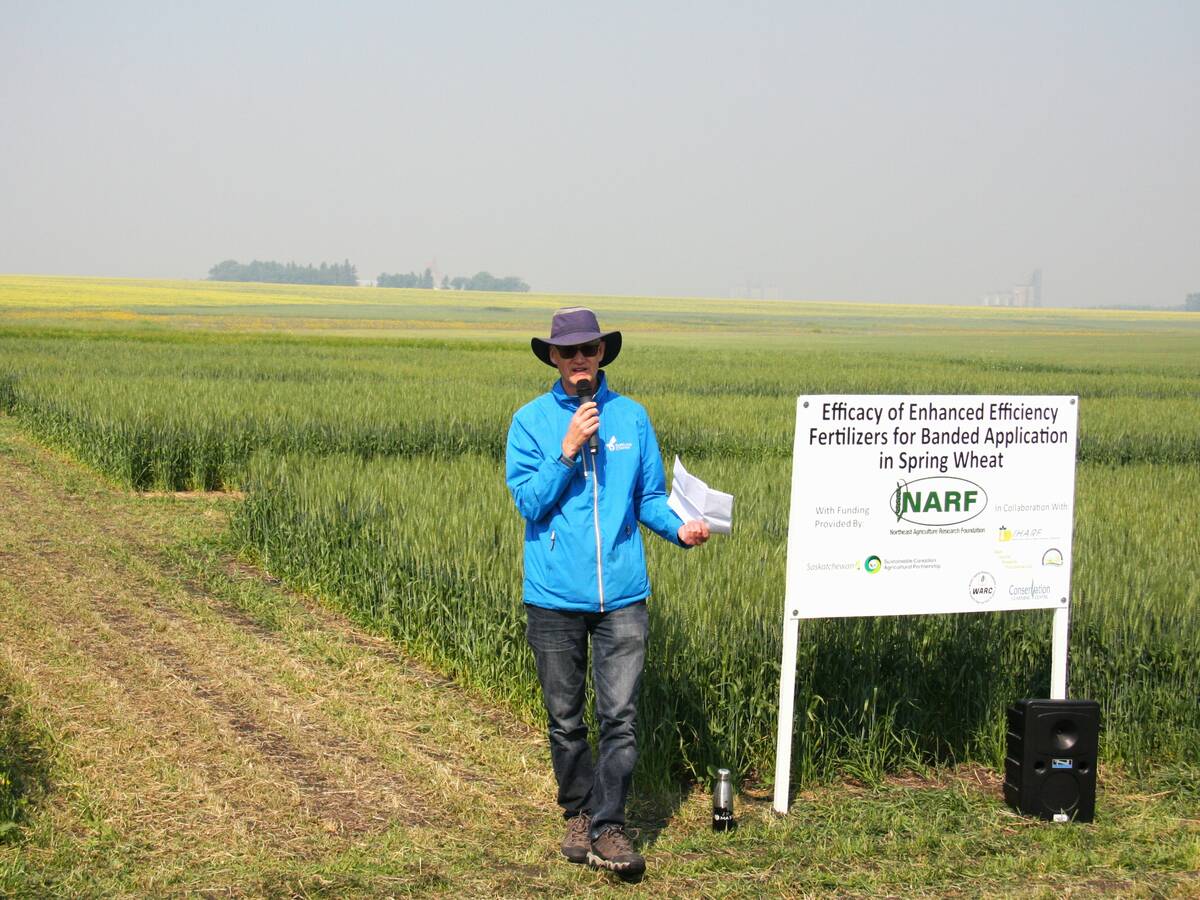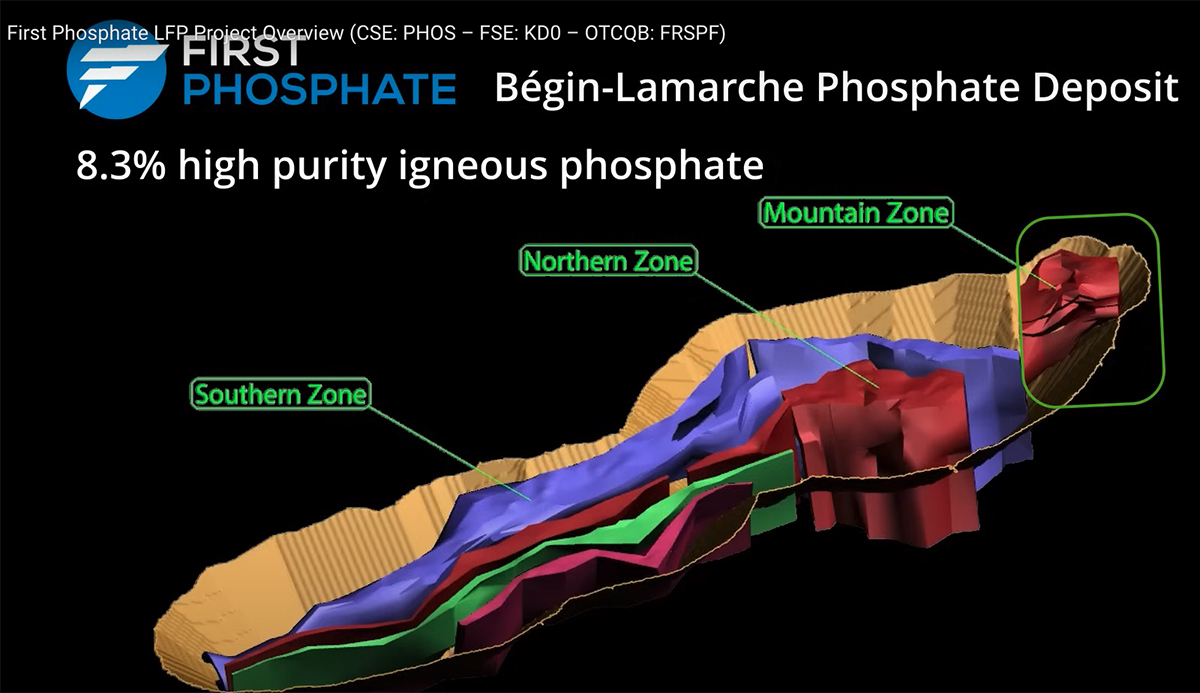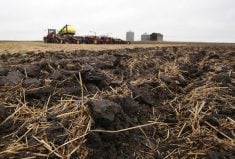WINNIPEG — Some mining databases say that Canada has no reserves of phosphate rock, but that’s not true.
Canada doesn’t have sedimentary deposits of phosphorites, but it does have igneous reserves of phosphate, particularly in Quebec.
Related story: Phosphate may move through Churchill
Read Also

Fertilizer method’s link to emissions studied
A researcher says others studying greenhouse gas emissions aren’t considering how the loss of nitrogen into the atmosphere correlates with fertilizer application or if there is an impact to yield.
“In addition to Quebec, there is a large igneous deposit in Norway that may have a large amount of phosphate and other critical minerals,” said Stephen Jasinski, a phosphate rock and potash specialist with the U.S. Geological Service.
“There are igneous deposits (of phosphate) being mined in Brazil, Finland, Russia, South Africa and Zimbabwe… Igneous phosphate rocks tend to have a higher P2O5 (phosphate) content and are processed somewhat differently than sedimentary rock. The processing cost is similar to sedimentary rock.”
Private companies are hoping to develop the deposits in Quebec, where several firms are raising capital for mining projects in the province.
One of those firms is First Phosphate.
It’s planning to mine a deposit of igneous phosphate rock in Saguenay-Lac-St-Jean, Quebec. The main market for the phosphate will be the Lithium Iron Phosphate (LFP) battery industry.
An LFP battery is a type of lithium-ion battery that uses iron phosphate as the cathode material.
Another phosphate mining project in Ontario focuses on fertilizer.
Fox River Resources wants to develop a mine and produce phosphate fertilizer in Hearst, Ont., a northern Ontario town between Thunder Bay and Ottawa.
It plans to produce 470,000 tonnes of mono-ammonium phosphate (MAP) per year, says the Fox River website.
That production will reduce Canada’s reliance on imported phosphate from the United States, Stephen Case, chief executive officer and president of Fox River, told Glacier FarmMedia in May 2024.
“Part of what we’re talking about is predicated on the fact that the U.S. is running out of (phosphate) rock and the rock they do have is of poor quality,” he said.
“If we don’t do something about this, we’re going to be paying more for something we shouldn’t be.”
Contact robert.arnason@producer.com


















